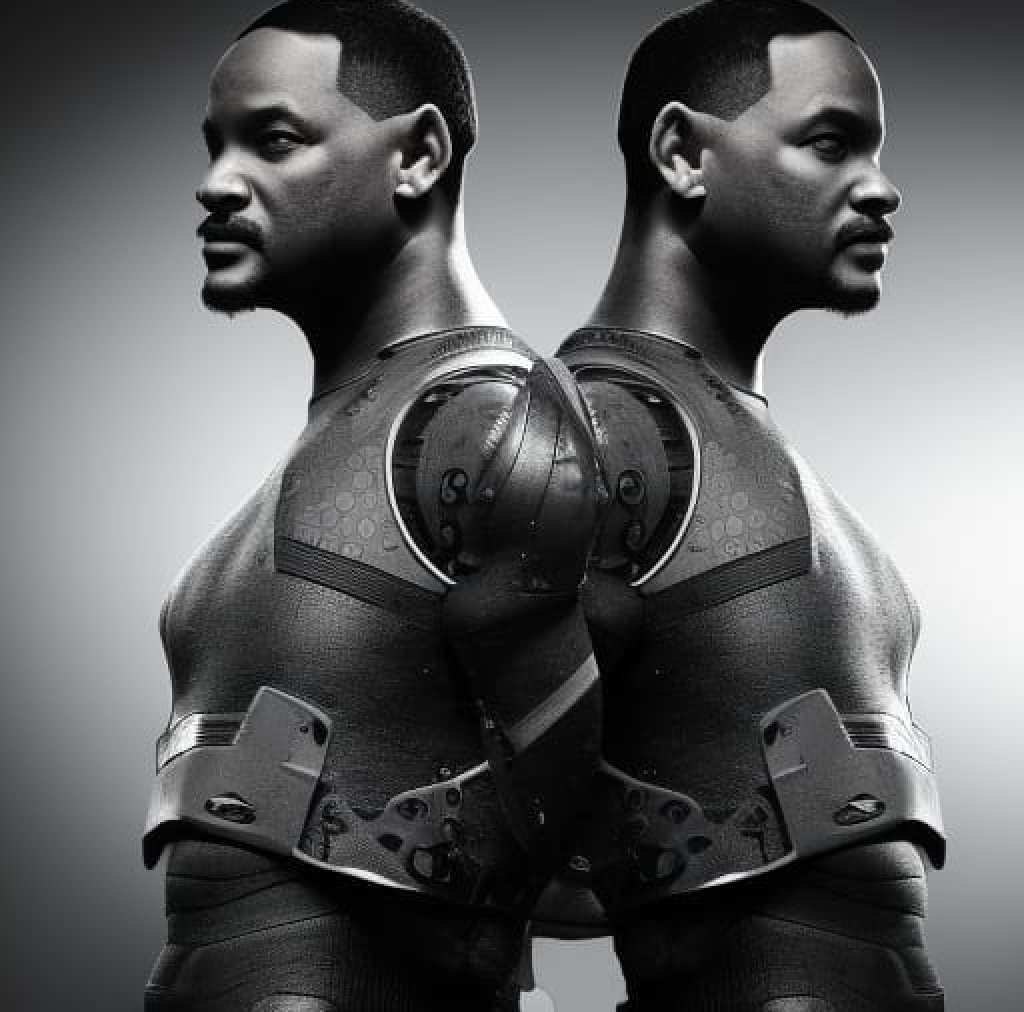Ang Lee’s 2019 film Gemini Man features the most realistic digital human to grace the cinematic screen, specifically a computer-generated version of young Will Smith who battles his more aged self throughout the film. And for the first time in film history, this photorealistic digital human is Black. This essay explores why this groundbreaking achievement has not been acknowledged or celebrated by the film’s production or publicity teams. I argue that Will Smith’s particular “post- racial” identity mediates contemporary concerns related to the racialized implications of facial recognition and other digital imaging technologies, as well as to the future of the film industry in the digital age. In the second half of the essay, I examine how the appearance of Will Smith in deepfake parody videos illustrates how race circulates on screens of various media formats. I conclude with a call to use digital visual effects, deepfake tools, and other advanced technologies to further racial justice instead of repeating the problematic usage of the past.
“Race and the Digital Face: Facial (Mis)recognition in Gemini Man,” Convergence: The International Journal of Research into New Media Technologies 27.4 (September 2021): 999–1017, https://doi.org/10.1177/13548565211031041.
